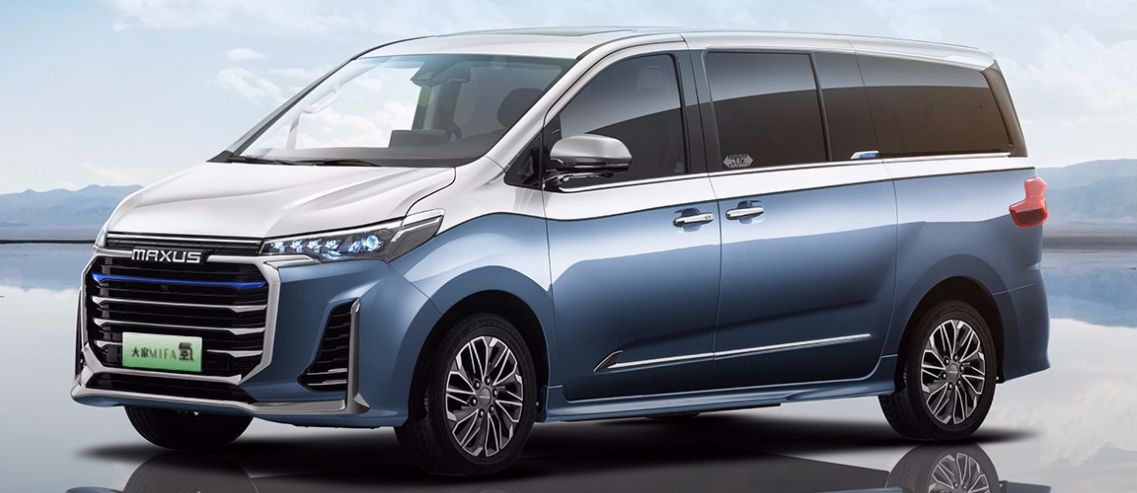China’s Shandong Province exempts hydrogen-powered vehicles from expressway tolls
Shanghai (ZXZC)- Shandong Province's Department of Transport, Development and Reform Commission, and Department of Science and Technology recently jointly issued a notice titled "Notice on the Temporary Exemption of Expressway Tolls for Hydrogen-Powered Vehicles" (hereinafter referred to as the "Notice").
This initiative aims to promote the "Hydrogen in Every Home" technology demonstration project and encourage the cross-regional operation of hydrogen-powered vehicles.
The "Notice" announces that starting from March 1, 2024, hydrogen-powered vehicles equipped with ETC (electronic toll collection) devices on the province's expressways will be exempted from expressway tolls for a trial period of two years. The implementation of this policy will be reviewed and adjusted as necessary based on the progress and outcomes. Currently, relevant departments are actively working on implementing the details of this policy.
Hydrogen, as a high-energy and pollution-free energy source with abundant reserves, has long been regarded as an ideal type of energy. In the automotive industry, the application of hydrogen energy is primarily focused on hydrogen fuel cell vehicles. Hydrogen fuel cells are devices that convert the chemical energy in hydrogen fuel directly into electrical energy through electrochemical reactions. They feature advantages such as high energy conversion efficiency, zero emissions, and noise-free operation.

MIFA Hydrogen; photo credit: SAIC Maxus
According to publicly available information, several domestic automakers in China, including Great Wall Motor, Changan Automobile, GAC Group, BAIC Group, Hongqi, and Dongfeng Motor, have been involved in the R&D of fuel cell vehicles. However, the number of fuel cell passenger car models in the domestic market is still limited. Examples of such models include SAIC Maxus' MIFA Hydrogen and FUNIO7, as well as the Toyota Mirai and the Hyundai NEXO.
In the commercial vehicle sector, hydrogen energy features a more widespread adoption. Many provinces have already conducted trial operation of hydrogen fuel cell vehicles in fields such as engineering vehicles and buses. Due to the relatively fixed operating routes and the availability of hydrogen refueling stations, their energy replenishment needs can be met effectively.

